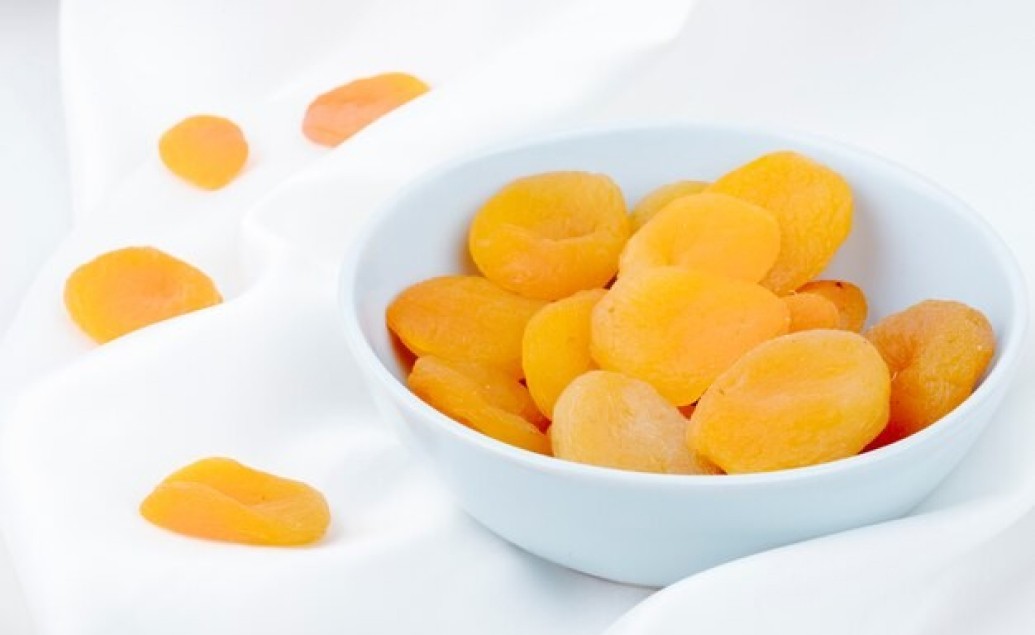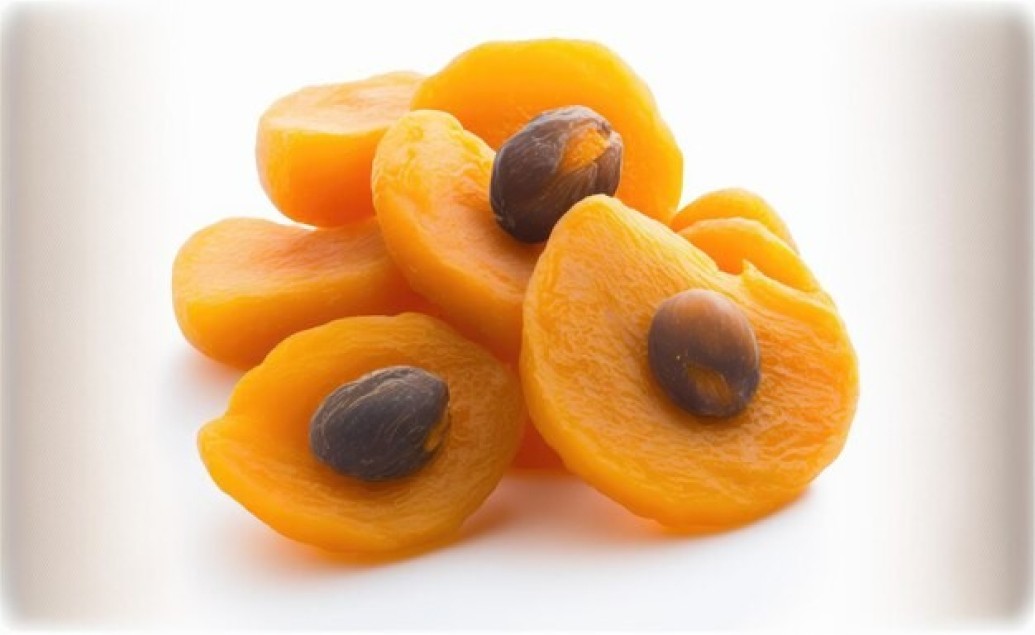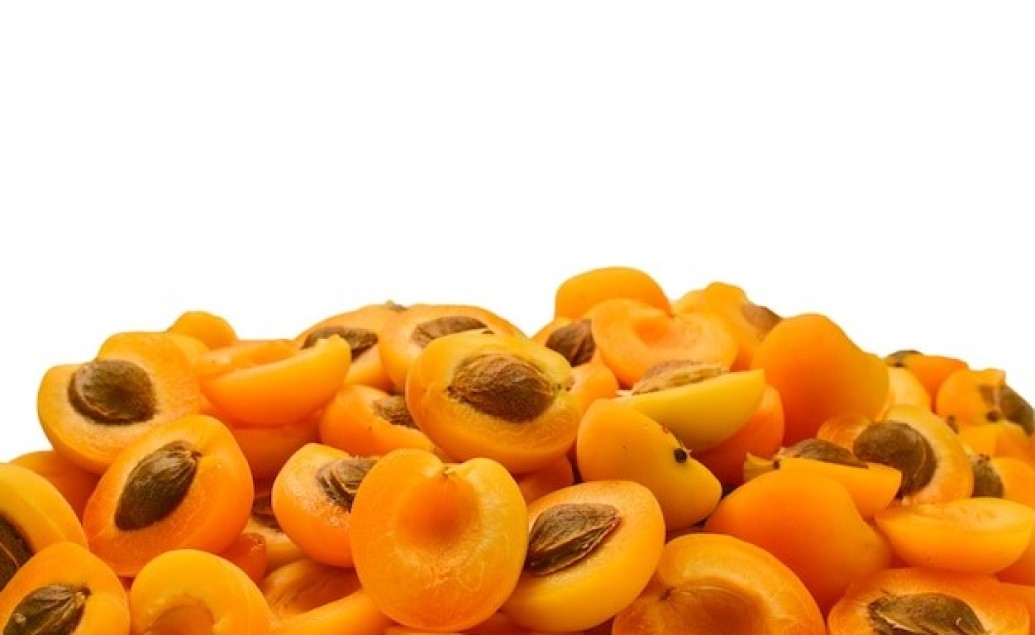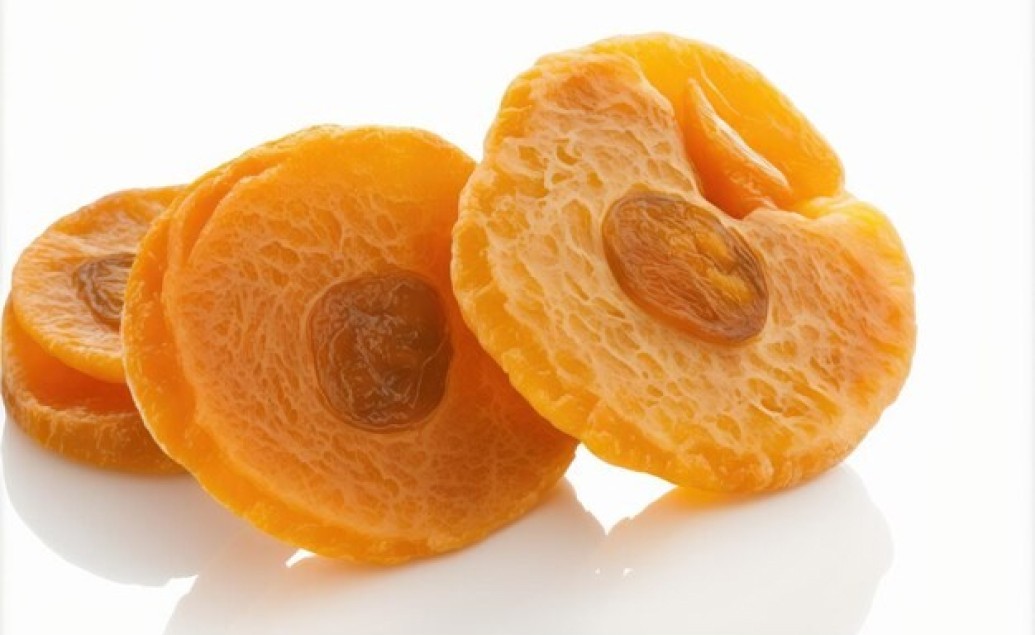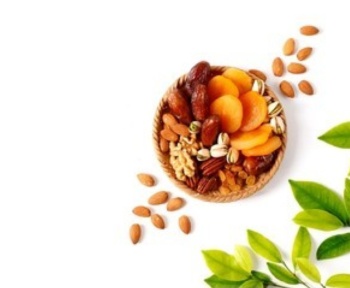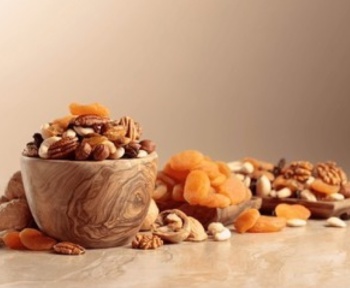Introduction
Dried apricots are a delightful and nutritious snack enjoyed by many. These small, chewy fruits offer a burst of flavor and are packed with essential nutrients. As more people focus on healthy eating, understanding the nutritional value and culinary uses of dried apricots is crucial. This blog will explore the health benefits of dried apricots, their nutritional profile, and various ways to incorporate them into your diet.
What Are Dried Apricots?
Dried apricots are made by removing the water from fresh apricots, which concentrates their natural sweetness and flavor. This process also enhances their shelf life, making dried apricots a convenient snack. Historically, apricots originated in Central Asia and have been cultivated for thousands of years. While fresh apricots are delicious, their dried counterparts offer a unique texture and flavor that can elevate various dishes.
Nutritional Profile of Dried Apricots
Dried apricots are not only tasty but also a powerhouse of nutrition. Below is a table detailing the nutritional values per 100 grams of dried apricots.
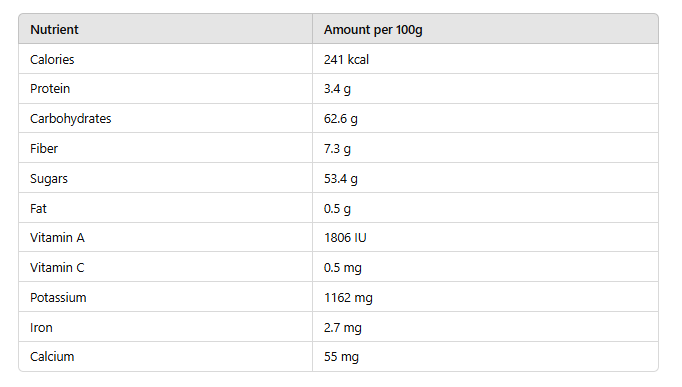
Dried apricots are rich in several vital nutrients, including vitamin A, potassium, and dietary fiber. Vitamin A supports eye health, while potassium helps regulate blood pressure. The high fiber content aids digestion, making dried apricots a great addition to a balanced diet.
Health Benefits of Dried Apricots
Dried apricots offer numerous health benefits, making them an excellent choice for a healthy snack. Here are some key advantages:
Rich in Antioxidants
Dried apricots contain antioxidants, such as beta-carotene and polyphenols, which help protect the body from oxidative stress and inflammation.
Supports Eye Health
The high levels of vitamin A in dried apricots promote good vision and may reduce the risk of age-related macular degeneration.
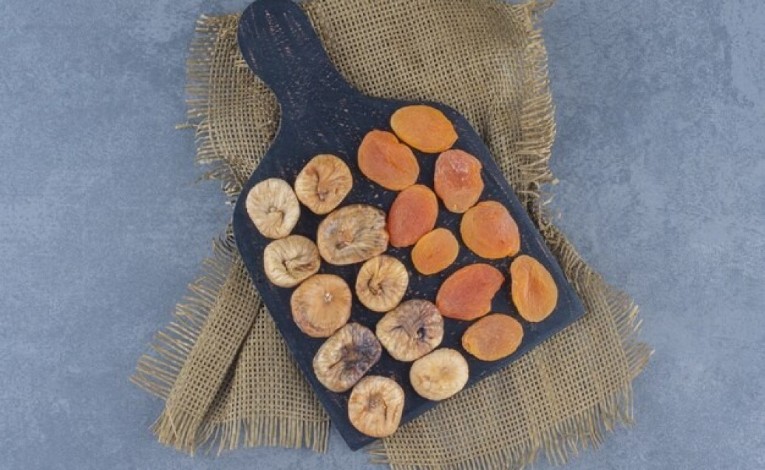
Promotes Digestive Health
The fiber content in dried apricots aids in digestion and helps prevent constipation. Fiber also contributes to a healthy gut microbiome.
Aids in Weight Management
Low in calories yet high in fiber, dried apricots can help you feel full longer, making them an ideal snack for weight management.
Boosts Skin Health
Antioxidants and vitamins in dried apricots support skin health, helping to maintain a youthful appearance.
Supports Bone Health
The calcium and potassium in dried apricots play a crucial role in maintaining bone density and overall skeletal health.
Improves Heart Health
Dried apricots are low in fat and cholesterol-free, making them a heart-healthy snack. Their potassium content helps regulate blood pressure.
Culinary Uses of Dried Apricots
Dried apricots are versatile and can be used in various dishes, both sweet and savory. Here are some creative ways to incorporate them into your meals:
Best Practices for Storing Dried Apricots
- Keep in a Cool, Dry Place: Store dried apricots in an airtight container in a cool, dry place to maintain freshness.
- Refrigeration: For extended shelf life, you can refrigerate dried apricots, which can help retain their flavor and texture.
List of Culinary Uses
Snacks and Trail Mixes
Dried apricots make a perfect on-the-go snack. Combine them with nuts and seeds for a healthy trail mix.
Baking and Desserts
Incorporate dried apricots into muffins, cakes, or cookies for a natural sweetness. For example, try adding them to oatmeal cookies for an added chewy texture.
Salads
Dried apricots can add a burst of flavor to salads. Consider a quinoa salad with chopped dried apricots, almonds, and a citrus vinaigrette.
Main Dishes
In savory dishes, dried apricots can provide a sweet contrast. They work well in tagines, stews, and even as a topping for roasted meats.
Step-by-Step Recipe: Apricot and Almond Energy Balls
Ingredients:
- 1 cup dried apricots, chopped
- 1 cup almonds
- 1 cup rolled oats
- 1 tablespoon honey
- 1 teaspoon vanilla extract
- Pinch of salt
Instructions:
- In a food processor, combine all ingredients until they form a sticky mixture.
- Roll the mixture into small balls about 1 inch in diameter.
- Place the energy balls on a baking sheet lined with parchment paper.
- Refrigerate for at least 30 minutes to set.
- Enjoy as a nutritious snack!
Tips for Buying and Choosing Quality Dried Apricots
When shopping for dried apricots, quality matters. Here are some tips to ensure you choose the best product:
Checklist for Selecting Quality Dried Apricots

Recommendations for Brands
While shopping, consider brands known for quality dried fruits. Look for organic options or those with minimal added sugars or preservatives.
Dried Apricots in Popular Diets
Dried apricots are versatile and fit into various dietary lifestyles, including:
- Vegan: A plant-based source of nutrition.
- Paleo: Suitable for paleo diets due to their natural sweetness.
- Gluten-Free: Naturally gluten-free, making them safe for individuals with gluten sensitivities.
For athletes and fitness enthusiasts, dried apricots provide a quick energy boost and replenish essential nutrients post-workout.
Common Myths About Dried Fruits
Dried apricots are often misunderstood. Here are some common myths debunked:
- Myth: Dried fruits are unhealthy.
- Fact: Dried fruits, when consumed in moderation, can be a nutritious addition to your diet. They are rich in vitamins and minerals.
- Myth: They contain too much sugar.
- Fact: While dried fruits do contain natural sugars, they are also high in fiber and nutrients, making them a healthy snack option when consumed wisely.
Interviews from Nutritionists
To provide additional insight, we spoke to nutritionist Jane Doe:
“Dried apricots are an excellent source of nutrients and can easily be added to many dishes. Their health benefits are remarkable, making them a great snack choice for anyone looking to improve their diet.”
Trending Content and Studies on Dried Apricots
Recent studies highlight the growing popularity of dried fruits in healthy diets. The emphasis on plant-based nutrition and natural snacks has made dried apricots a staple in many households. Articles from health and nutrition journals emphasize their antioxidant properties and role in supporting overall health.
Ultimate Guide to Incorporating Dried Apricots in Your Diet
To get the most out of dried apricots, consider the following tips:
- Mix with Yogurt: Top yogurt with dried apricots and nuts for a satisfying breakfast.
- Create Energy Bars: Combine dried apricots with oats and nuts to make homemade energy bars.
- Use in Smoothies: Blend dried apricots into smoothies for added sweetness and nutrition.
Conclusion
Dried apricots are a delicious and nutritious addition to any diet. Their rich nutritional profile and numerous health benefits make them an excellent snack or ingredient in various dishes. By understanding their culinary uses and health advantages, you can enjoy dried apricots while enhancing your overall well-being. For more information and recipes, explore the Dried Fruits Guide!
FAQs
Dried apricots are nutritious, providing vitamins, minerals, and fiber that support overall health.
A moderate portion of about 3-4 dried apricots per day is typically recommended as part of a balanced diet.
Some individuals may be allergic to dried fruits. If you have known allergies to other fruits, it’s best to consult a healthcare provider.


